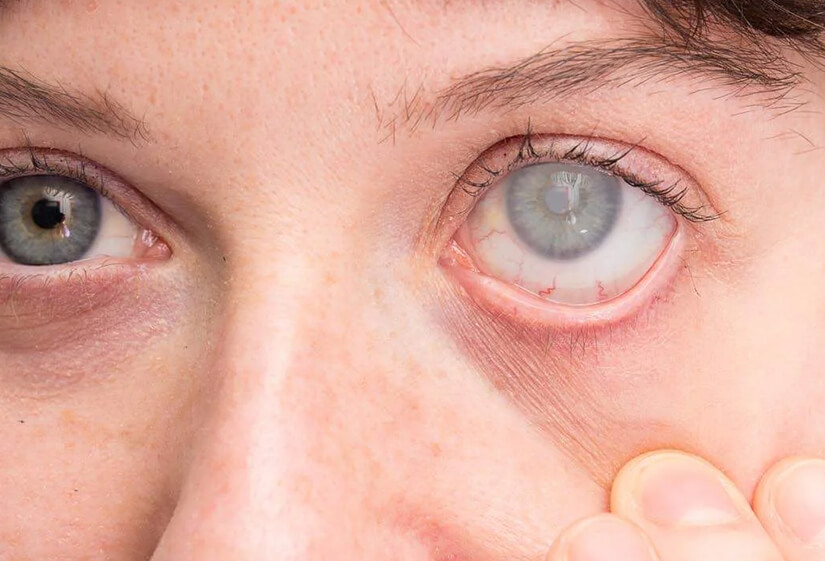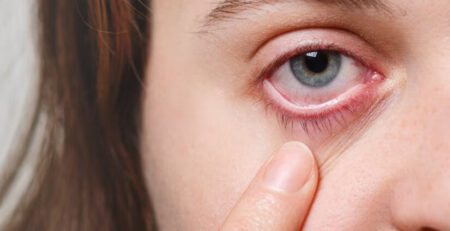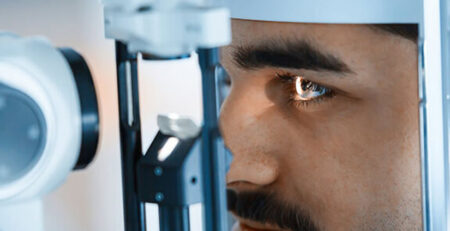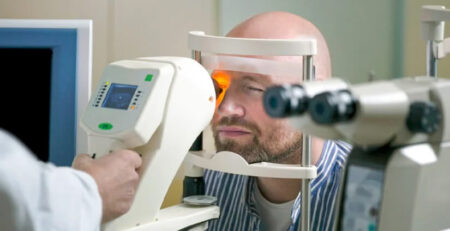Eye Check-Up Schedule for Diabetic Patients
Living with diabetes can be a balancing act. While you work to keep your blood sugar levels in check, you might overlook another vital aspect of health that diabetes can impact—your vision. For diabetic patients, regular eye checkups are essential, not only to protect eyesight but to prevent serious conditions like diabetic retinopathy, macular edema, and even blindness. If you’re wondering how often you should visit an eye hospital for a diabetic patient eye checkup, especially if you’re based in Delhi, here’s a guide tailored for you.
Why Are Eye Checkups Essential for Diabetic Patients?
Diabetes affects the tiny blood vessels in the retina, the part of your eye responsible for receiving light and sending visual information to your brain. When blood sugar levels are high, these vessels can swell, leak, or even stop circulating blood effectively, leading to conditions like diabetic retinopathy. According to recent studies, diabetic patients have a 25% higher risk of developing vision problems compared to non-diabetic individuals, which can escalate without regular monitoring.
Recommended Eye Check-Up Schedule for Diabetic Patients
An ideal diabetic patient eye checkup schedule can vary based on individual health, type of diabetes, and overall eye condition. However, here are some general guidelines recommended by experts:
- For Type 1 Diabetes
Those diagnosed with Type 1 diabetes should go for an initial eye examination within five years of their diagnosis. After this first checkup, it’s recommended to have a comprehensive eye exam at least once a year. This schedule ensures that any early signs of retinopathy or other complications are detected and managed before they progress. - For Type 2 Diabetes
Patients with Type 2 diabetes are advised to get an eye exam as soon as possible after their diagnosis. Since Type 2 diabetes can go undetected for a while, there’s a chance that some level of retinal damage has already begun by the time it is diagnosed. Regular yearly exams following the initial one are crucial to manage and protect vision. - Pregnant Women with Diabetes
Pregnancy can exacerbate diabetic eye conditions, making regular checkups essential. If you have diabetes and are planning to get pregnant or are already expecting, an eye checkup before conception and during the first trimester is advisable. Regular exams throughout pregnancy can help track any changes and prevent damage. - Elderly Diabetic Patients
As people age, the risk of eye complications increases, especially if diabetes is involved. Older diabetic patients should visit an eye hospital in Delhi every six months to ensure that age-related changes in vision are monitored closely, in addition to diabetes-related risks.
What Does a Diabetic Eye Check-Up Include?
A diabetic eye checkup is more than a simple vision test. Eye specialists use advanced diagnostic tools to inspect the health of your retina and optic nerve. Here’s what you can expect during a diabetic eye checkup:
- Dilated Eye Exam: This exam allows the doctor to examine the retina for any signs of diabetic retinopathy. Eye drops are used to dilate (widen) the pupil, which might cause blurry vision temporarily, but it’s crucial for a thorough inspection.
- Optical Coherence Tomography (OCT): A non-invasive imaging test, OCT helps in detecting swelling or fluid in the retina, common symptoms of macular edema—a frequent issue for diabetic patients.
- Fluorescein Angiography: A diagnostic test where a dye is injected into a vein to track blood flow through the retina. It helps in identifying leaking blood vessels, a clear indication of diabetic retinopathy.
Preventive Measures Alongside Regular Checkups
While regular checkups play a significant role in maintaining eye health, there are additional steps you can take to minimize risks:
- Manage Blood Sugar Levels: Keep your blood glucose within the target range recommended by your healthcare provider. High levels are directly linked to eye complications.
- Monitor Blood Pressure and Cholesterol: High blood pressure and cholesterol levels can increase the risk of retinal damage. Controlling these factors is vital to preventing complications.
- Adopt a Healthy Lifestyle: Diet and exercise aren’t only beneficial for your overall health—they help reduce the risk of diabetic eye complications.
Staying Vigilant: Symptoms to Watch For
While routine checkups are your first line of defense, recognizing symptoms early is equally essential. If you notice any of the following, schedule an immediate diabetic patient eye checkup:
- Blurry or double vision
- Dark spots or floaters in your vision
- Pain or pressure in one or both eyes
- Difficulty seeing at night
- Sudden vision loss
Ignoring these symptoms may lead to irreversible damage, especially in diabetic patients.
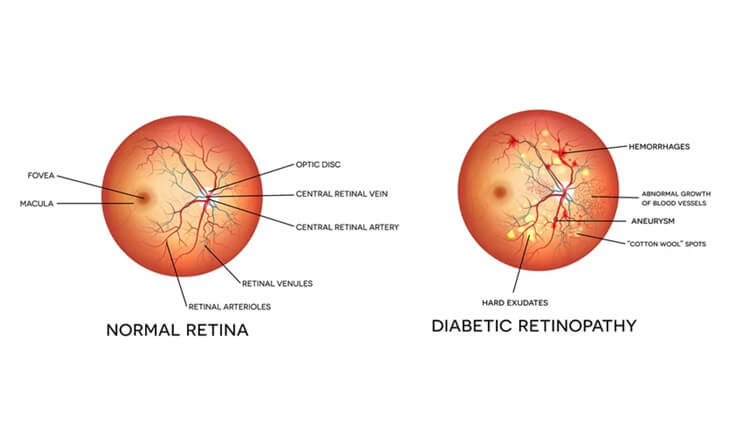
How to Prepare for Your Eye Checkup?
Preparation ensures you get the most out of your visit to an eye hospital in Delhi or your local clinic. Here’s what you can do:
- Bring Medical Records: Having your latest blood sugar, blood pressure, and cholesterol records can provide useful insights to your eye doctor.
- Prepare Questions: If you’ve noticed any symptoms, changes in vision, or concerns regarding your treatment, jot them down to discuss during the checkup.
- Arrange Transportation: If your eyes are dilated during the exam, driving might be difficult afterward, so consider bringing someone along to help.
Safeguard Your Sight with Regular Checkups
For diabetic patients, preserving vision requires an active approach that includes regular diabetic patient eye checkups and adopting healthy lifestyle habits. Early diagnosis and prompt treatment of conditions like diabetic retinopathy or macular edema can make all the difference in protecting your sight.
Take the First Step Today
Concerned about your eye health? Schedule your diabetic patient eye checkup with Dr. Anisha Gupta, a renowned eye specialist in New Delhi. With years of expertise in diabetic eye care, Dr. Gupta offers personalized and advanced treatments tailored to your needs. Don’t wait until symptoms appear—proactively safeguard your vision. Book your appointment today and give your eyes the care they deserve.

